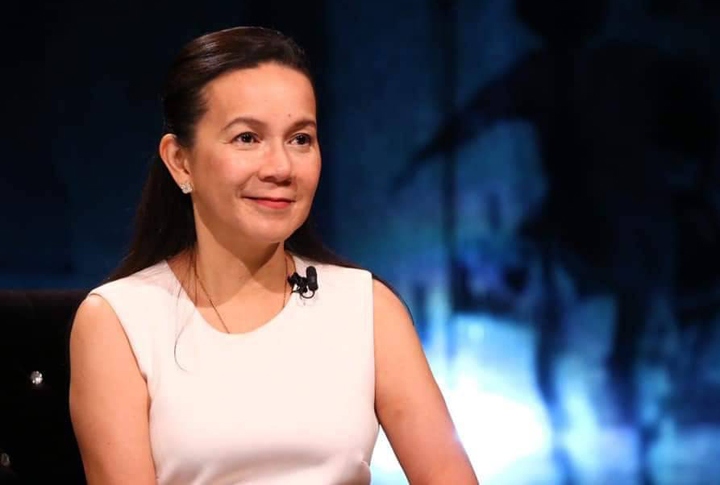
Millions of private vehicle owners are seen to get relief from the suspension of mandatory emission tests exclusively done by so-called private motor vehicle inspection centers (PMVICs) imposed by the Land Transportation Office (LTO) during the required annual renewal of vehicle registration.
Sen. Grace Poe, who chairs the Senate Committee on Public Services, acknowledged the wisdom of scrapping the mandatory test by PMVICs saying this should bring relief to vehicle owners.
In welcoming the formal issuance of a memorandum suspending mandatory vehicle inspection exclusively done by LTO-accredited PMVICs, the senator expects this should put to rest “the qualms and confusion over the policy.”
Poe pointed out that “at the minimum, this assures our vehicle owners and motorists a choice that is more convenient and favorable to them amid the pandemic’s challenges.”
The LTO memo was issued in response to the call aired by Poe when she presided over Monday’s hearing of the Senate finance subcommittee.
She cited the October 25 memo stating that PMVIC inspection is “optional,” adding that “PMVIC inspection or PETC [Private Emission Testing Center] result with LTO inspection, shall be recognized and considered in the process of renewing vehicle registration.”
The senator’s office learned that LTO chief Edgar Galvante had earlier said he already issued the directive that PMVICs are no longer mandatory, but was sent to regional directors “via Viber” only.
This prompted Poe to call out the transportation official for an “unprofessional means of communicating an important policy,” prompting the issuance of a formal memorandum.
“We hope this memo will set a standard policy to be followed in all inspection centers all over the country,” she said, reminding that “it always pays to listen to the voices of our people who know the realities on the ground.”
Poe also reminded that “the periodic technical inspection of vehicles is a must to ensure safety on the road.”
She, however, stressed that setting guidelines—including the charging of reasonable fees, qualifications and accessibility—should adhere to the standards of due process and transparency, taking into consideration the concerns of stakeholders, reminding that the interests of the majority should prevail.

